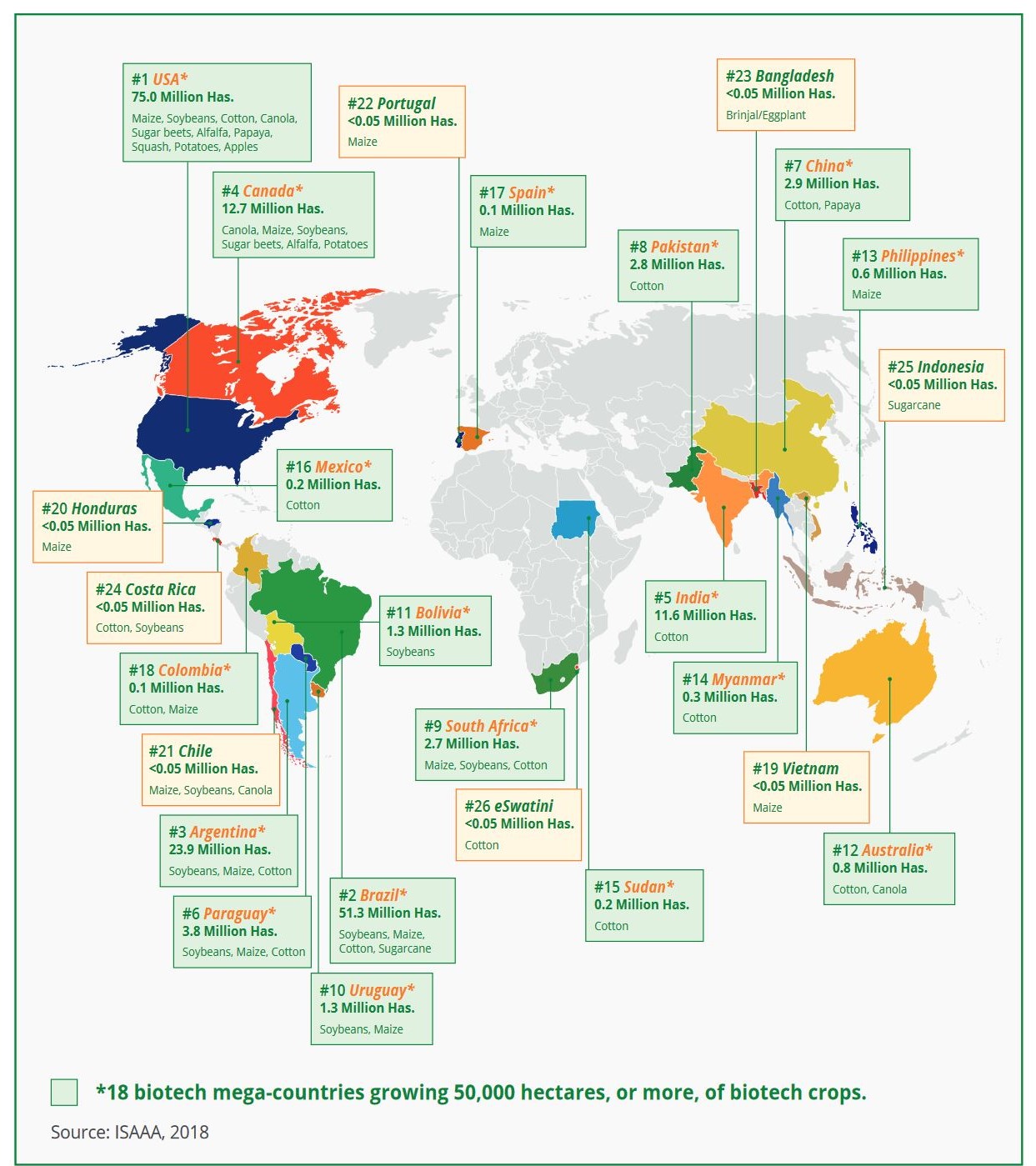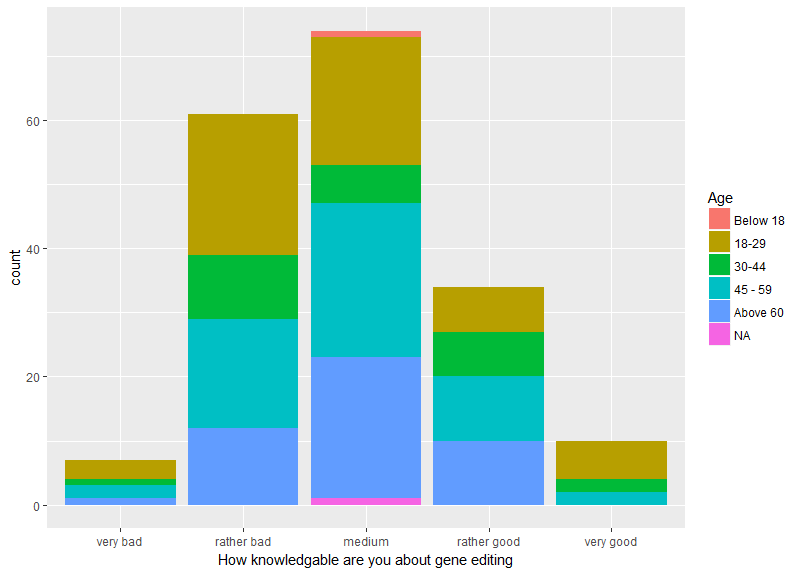Report on Genetic Engineering
Genetic engineering has been a hotly debated topic in politics as well as society in the past decades and
still is today.
Arguments like the nutrition of a growing world population due to a declining infant mortality rate or the
loss of
considerable areas of arable land due to erosion or pollution damage keep fueling the controversy whether
genetically modified
organisms (GMO), especially crops, are needed to sustain the global demand for food. On the opposite,
concerns
have been raised
concerning the potential adverse effects on human health and environmental safety. Besides the facts, part
of
the public dispute
is based around ethical questions and trust issues towards institutions and authorities. There have been
studies and surveys
carried out addressing many of these topics. Additionally a diverse cluster of organisations and the
media
is bombarding the
public with contrary statements. This report tries to give an overview on mankind's relation towards modifying
genetics, a brief
summary of used methods, and gathers statements from scientists and authorities. It is meant as the
motivational basis for this
years Marburg iGEM team´s Public Engagement and Human Practice efforts.


















